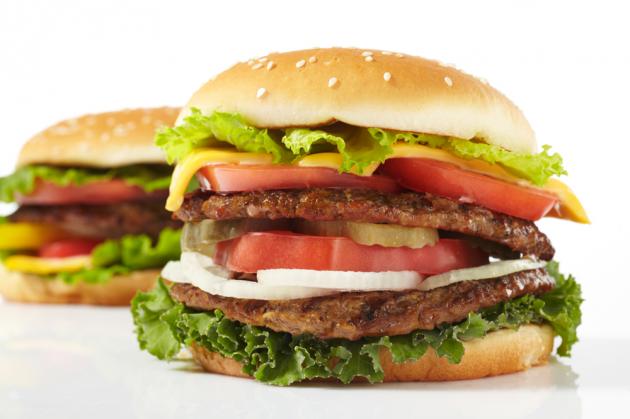Some believe that overeating stems from food addiction. The theory suggests that food increases dopamine levels in the brain, leading to increased consumption. Ultra-processed foods high in sugar, salt, and fat are particularly addictive, making it difficult to stop overeating—similar to how an addictive drug is repeatedly abused. While there is limited human research to confirm this, a new study indicates that food addiction may not be the sole cause of overeating.

(Credit: Getty Images)
Led by Kevin Hall, a scientist known for his work on overeating and obesity, the study was published in Cell Metabolism on March 4, 2025. The study by the U.S. National Institutes of Health (NIH) examined how participants' brains responded after consuming a high-fat, ultra-processed milkshake. Fifty young adults drank the milkshake, after which their brain dopamine levels were measured using PET (positron emission tomography) scans. The results showed no significant difference in dopamine levels before and after consumption. Dopamine levels after an overnight fast were nearly identical to those after drinking the milkshake. Researchers concluded that the dopamine response from ultra-processed milkshakes is too small for PET scans to detect, unlike addictive drugs.
This study does not settle the debate over food addiction. For some, eating ultra-processed foods provides comfort, which can lead to overeating. In this study, some participants experienced a slight increase in dopamine after consuming the milkshake. They later ate nearly twice as many chocolate cookies as the other participants in a buffet experiment. This suggests that differences in dopamine response may influence the consumption of sugary and fatty snacks. However, the difference isn’t significant enough to classify as addiction. Eating two cookies instead of one doesn’t equate to being addicted to sweets. No food triggers overeating as strongly as addictive drugs do.
While consuming high-calorie foods can lead to weight gain and some people struggle with portion control, it’s important to recognize that food consumption is necessary for survival. Unlike drug abuse, eating is not a harmful, meaningless behavior. The preference for sugary, fatty, and calorie-dense foods has played a crucial role in human survival.
The term “addiction” can be misleading, as it suggests that overeating is uncontrollable and cannot be managed with willpower. However, no food is inherently that addictive. It's time to stop misusing the term "addiction."

_Jeong Jae-hoon is a food writer and pharmacist. He covers a variety of subjects, including trends in food, wellness, and medications. This column was originally published in Korean in Joongang Ilbo on March 13, 2025. – Ed._